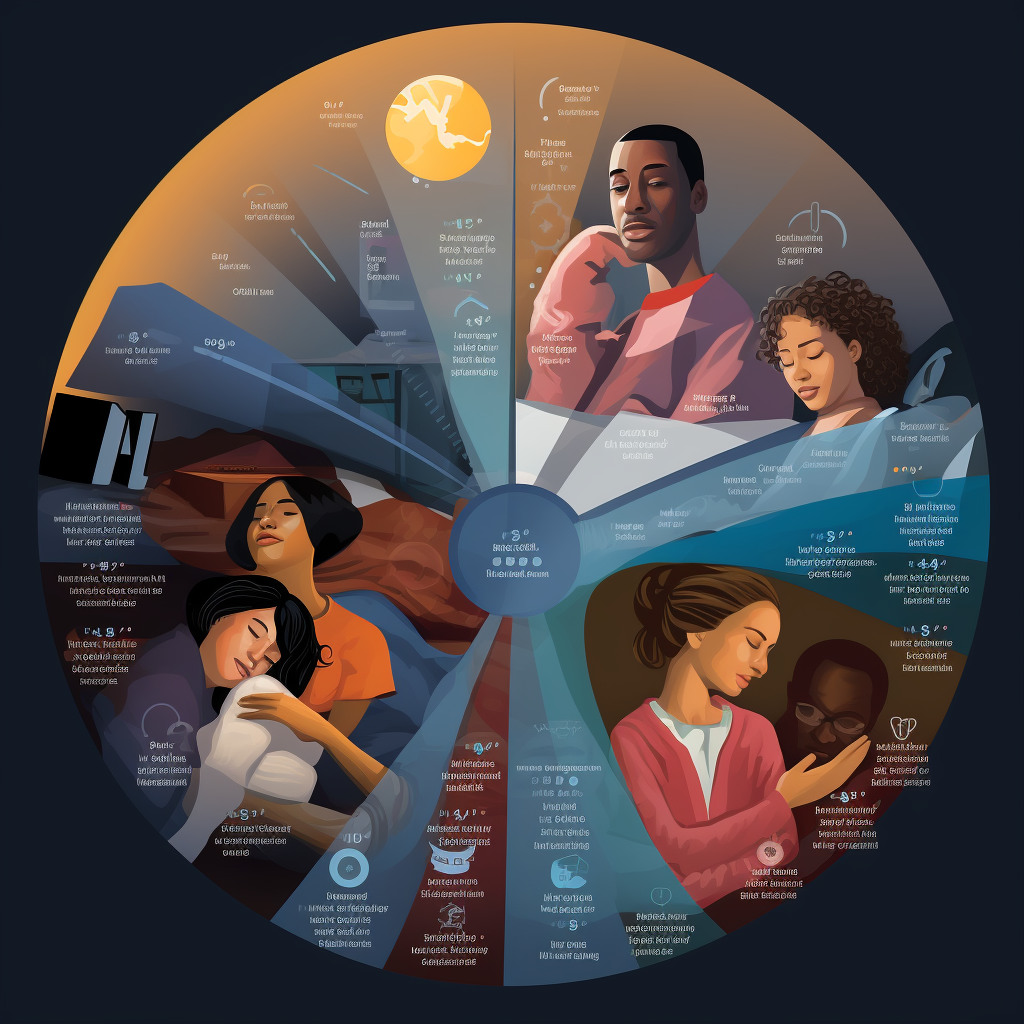Exploring sleep patterns and challenges in demanding professions. Discover strategies for better sleep health in healthcare, first response, aviation, and trucking.
Sleep in Specific Professions: Exploring Sleep Patterns and Challenges in Demanding Job Roles
Sleep plays a vital role in maintaining overall health and well-being. However, certain professions with unique demands and work schedules can significantly impact sleep patterns and pose sleep-related challenges. This article delves into the sleep patterns, challenges, and potential solutions for individuals in specific professions, including healthcare workers, first responders, pilots, and truck drivers.
Healthcare Workers: Balancing Demands and Sleep
Healthcare workers, including doctors, nurses, and other medical professionals, often face irregular work hours, night shifts, and demanding patient care responsibilities. These factors can disrupt their sleep patterns, leading to sleep deprivation, fatigue, and increased risk of medical errors. Strategies such as optimizing shift schedules, creating sleep-friendly environments, and prioritizing self-care can help healthcare workers improve their sleep health and overall job performance.
First Responders: Sleep Challenges in Critical Roles
First responders, such as police officers, firefighters, and paramedics, work in high-stress and unpredictable environments that require alertness and quick decision-making. Irregular shifts, on-call duties, and exposure to traumatic events can significantly impact their sleep quality and quantity. Implementing fatigue management programs, providing psychological support, and incorporating sleep education can aid first responders in managing sleep-related challenges and promoting well-being.
Pilots: Navigating Sleep in the Sky
Pilots often experience disrupted sleep patterns due to long-haul flights, crossing time zones, and irregular work schedules. The constant adjustment of circadian rhythms can result in jet lag and reduced sleep quality, leading to impaired alertness and potential safety risks. Implementing fatigue risk management systems, promoting strategic napping, and prioritizing sleep hygiene practices can assist pilots in optimizing their sleep health and maintaining flight safety.
Truck Drivers: On the Road to Better Sleep
Truck drivers, who often work long hours and spend extended periods on the road, face unique sleep challenges. Irregular schedules, irregular sleep environments, and sedentary lifestyles can contribute to sleep deprivation, fatigue, and an increased risk of accidents. Promoting sleep-friendly trucking policies, providing access to rest areas, and offering sleep education programs can support truck drivers in achieving better sleep health and enhancing road safety.
Solutions and Strategies for Better Sleep in Specific Professions
Improving sleep health in specific professions requires a multifaceted approach. Here are some general recommendations:
- Prioritize sleep as a fundamental aspect of job performance and overall well-being.
- Establish consistent sleep routines, even with irregular work schedules.
- Create sleep-friendly environments, both at work and at home.
- Educate professionals about sleep hygiene practices and the importance of self-care.
- Implement fatigue management programs and policies to address sleep-related challenges.
- Encourage open communication and support systems for professionals facing sleep-related difficulties.
Recognizing and addressing the unique sleep challenges faced by individuals in specific professions can contribute to improved sleep quality, better job performance, and enhanced overall well-being.





